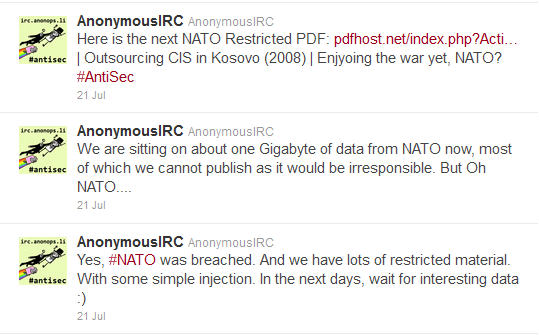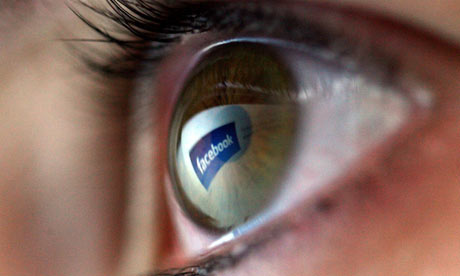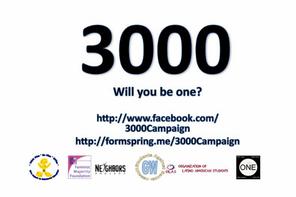
Commentary about the Internet and the various communication services it provides, regularly fall into utopian or distopian visions of radically new worlds. The utopias tell of a future in which we are all continually connected in a seamless egalitarian web of techno-democracy. The distopian warnings describe overstimulated zombies shuffling from computer screen to smartphone, hermetically sealed in the echo chamber of their choosing. These predictions are equally unlikely to occur any time in the near future, and for one simple reason- Its really hard (and expensive) to get a stable internet connection in a park. more...









